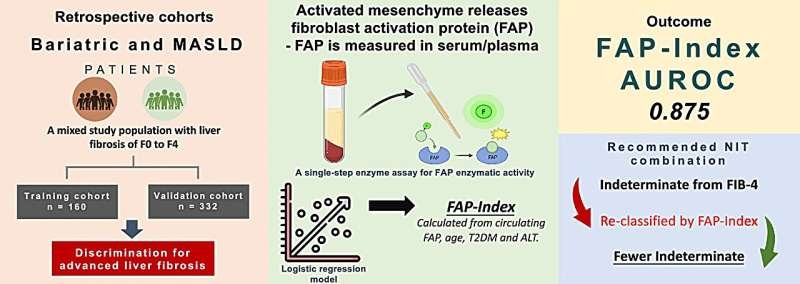Test Identifies Pregnant Women at Risk for Preeclampsia
By Labmedica staff writers
Posted on 26 Mar 2008
A test that identifies pregnant women at risk of developing preeclampsia is performed from as early as the seventh week of pregnancy, and it predicts the appearance of the condition six months later. The test results provide the physician with a useful tool to evaluate the surveillance and management of the pregnant woman. Posted on 26 Mar 2008
According to the U.S. Centers for Disease Control and Prevention (CDC; Atlanta, GA, USA), preeclampsia affects 5-7% of all pregnant women and represents a serious challenge for obstetricians, and prenatal and diagnostic laboratories. This disorder can result in loss of life; blindness; motor and mental disorders or premature newborns; pregnancy hypertension; and kidney, liver, and cardiovascular malfunctioning. It is a rapidly progressive condition characterized by sudden hypertension and an elevated protein level in urine.
Scientists from Diagnostic Technologies (Yokne'am Illit, Israel) developed a breakthrough technology that could help doctors identify pregnant women at risk of developing preeclampsia. The early detection is performed about 20 weeks before symptoms develop, and is based on the use of a simple blood test, which determines the level of a protein produced by the placenta--placenta protein 13 (PP13).
"Preeclampsia is the second most frequent cause of maternal death in pregnancy, but to our disappointment the dimension of the problem is not known to the public. Many women, pregnant or not, are unaware of the real risk,” said developmental neurobiologist Dr. Hamutal Meiri, CEO of Diagnostic Technologies. Early detection gives rise to prevention and management of the risk due to better pregnancy management and preventive treatment.”
The company is now working towards completing a study of the test with the aim of achieving U.S. Food and Drug Administration (FDA; Rockville, MD, USA) approval. Dr. Meiri said that they plan to complete development of a product dedicated to tailor medication to women at high risk for preeclampsia, and to identify families with a genetic disorder that predisposes to preeclampsia.
Related Links:
U.S. Centers for Disease Control and Prevention
Diagnostic Technologies
U.S. Food and Drug Administration














